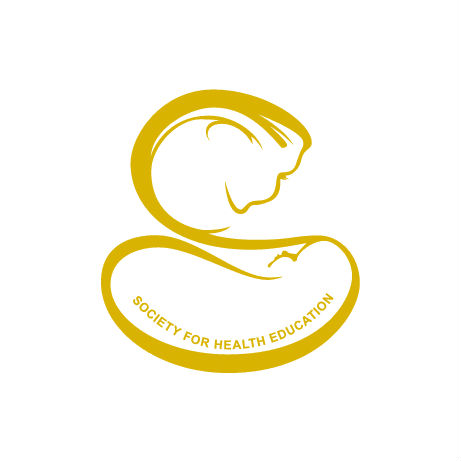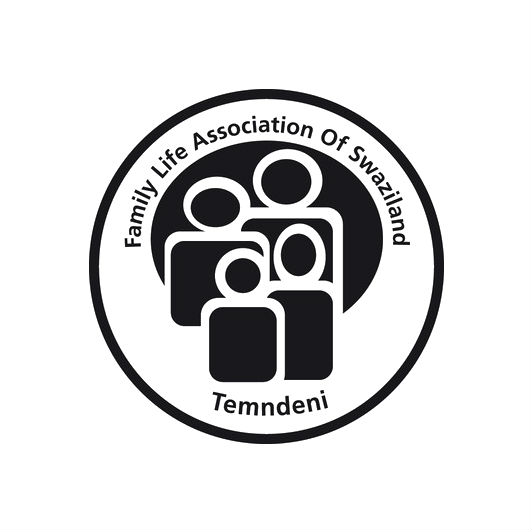

| 31 March 2016
Society for Health Education (SHE) Maldives
Society for Health Education (SHE) is an organization that is proactive in identifying and addressing the crucial health and social concerns of the Maldives. SHE was founded in 1988 by four women with the mission to enhance the quality of life of Maldivian families. The organization embraces the following mandate: Strive to improve the quality of life of the Maldivian people Harness the expertise of national professionals, on a voluntary basis for development programmes Endeavour to raise awareness of health and social issues Today, SHE is one of the largest, most vibrant NGOs in the Maldives which addresses issues concerning Thalassemia, Counselling and Psychosocial Support, Sexual and Reproductive Health (SRH) and Health Education. The organization reaffirms its commitment to sustain these initiatives, and to further increasing public awareness on issues that influence family well-being. Effectiveness of health promotion initiatives are ensured by adopting applicable service delivery mechanisms, fostering improvements in reproductive health parameters, continuing Thalassemia prevention activities, promoting responsible parenthood concepts, facilitating empowerment of women and youth, supporting victims of abuse by providing gender based violence screening services, essential SRH services and psychosocial support and referral services, as well as extending Counselling to adolescents and families, and encouraging community ownership of development. SHE operates an in-house clinic offering a range of services under one roof in the Maldives capital, Male’. The in-house clinic provides three main services; SRH services, counselling and psychosocial services, and thalassemia and diagnostic services. The SRH clinic of SHE has a long-standing reputation for client friendly and quality service provision on SRH and various other general health issues. The clinic conducts mobile outreach activities including awareness programmes targets for Key Affected Populations. Under the HIV and AIDS programme of the clinic, free Voluntary Counselling and Testing (VCT) services are offered to the general public. The Thalassemia prevention programme undertaken by SHE comprises an awareness component along with provision of screening services.The prevention programme aims to reduce the number of thalassemics born in the Maldives by providing testing services to identify thalassemia carrier status and raising awareness of how the disorder is inherited. The first, and only thalassemia DNA testing facility in the Maldives was established at SHE in 2005 to minimize the number of inconclusive results. The Counselling and Psychosocial services comprises face to face counselling, telephone counselling, and play therapy for young children. In addition to day to day regular services, the clinic conducts several skill development programmes targeting young people, vulnerable populations, teachers and parents. Furthermore, the organization adopts an integrated approach to health education and service delivery and its role includes increasing the accessibility of services and using media for education and communication. This includes collaborating with other Civil Society Organizations and State Institutions that work towards relating to issues on health and well-being. The society runs outreach programmes and mobilizes voluntary support to develop projects and to maintain and enhance service provision. With this number of services, SHE reaches over 5000 people of the population of the Maldives yearly. The success of the organization depends on the unreserved commitment of the organization’s members, volunteers, and staff. SHE strives to raise the bar higher at every opportunity, to ensure that the organization could progressively add greater value to clients and stakeholders, thereby uplifting the community’s general wellbeing.

| 31 March 2016
Family Life Association of Eswatini (formerly Swaziland)
For over 30 years, the Family Life Association of Eswatini (FLAE) has provided sexual and reproductive health (SRH) services to the people of Eswatini (formally Swaziland). While family planning, antenatal, post-natal and post-abortion care form a key part of FLAE’s services, there’s a significant focus on HIV and AIDS programmes. Swaziland has some of the highest HIV and AIDS prevalence rates in the world. As a result, the prevention and management of HIV and AIDS, the provision of voluntary counselling and testing (VCT), and the prevention of mother to child transmission (PMTCT) are central to FLAE’s work. FLAE has 15 service points, including 4 permanent clinics and 12 mobile facilities, staffed by a permanent team of 40 backed by 230 volunteers, 180 Youth Action Movement members and 29 peer educators. Young people are a particular target for HIV and SRH sensitization. One of FLAE’s youth centres has its own radio studio, where young people make their own programmes concerning SRH issues. These are then played during FLAE’s roadshows and by major radio stations for nationwide broadcast. This is one strand in an innovative approach to communication. FLAE peer educators also provide training to the country’s Business Coalition Against AIDS. Health, youth, education, women’s and regional development ministries are key partners for FLAE, and it has links with a large number of non-governmental organizations, including the Swaziland National Youth Council, Swaziland Health and Population Education, Population Services International, the Swaziland National AIDS Programme and PACT. Private sector partnerships include the Business Coalition Against HIV/AIDS and SWANNEPHA (a national network of organizations for people living with HIV and AIDS). FLAE is a member of the SRH Steering committee, the Gender Consortium and the Male Circumcision Task Force.







